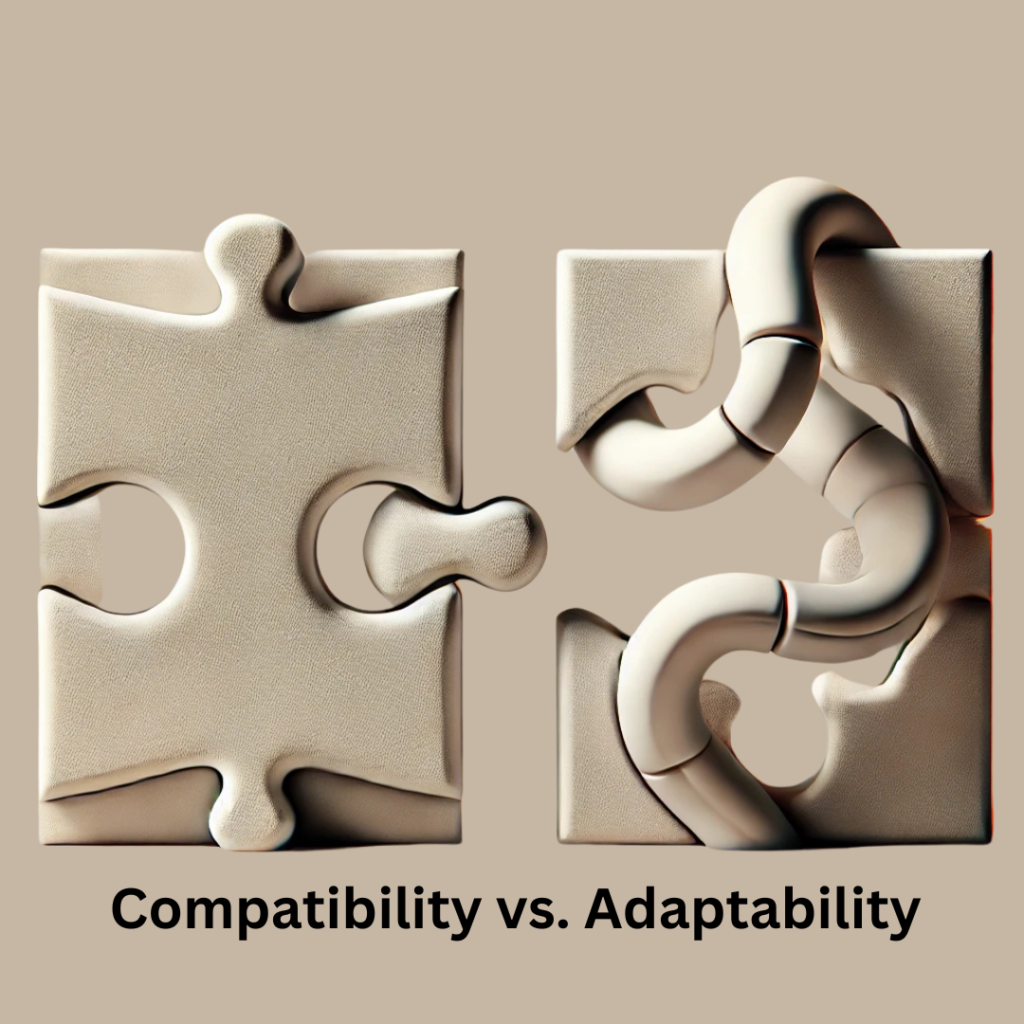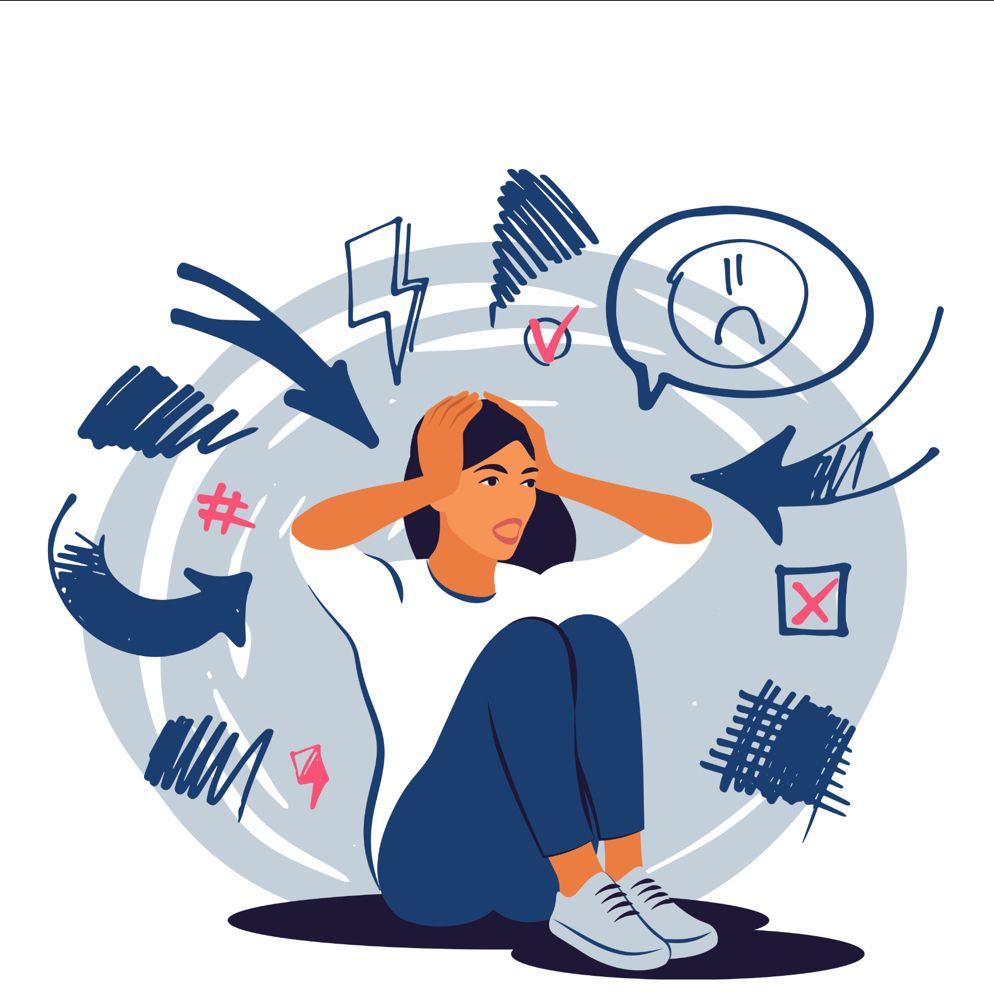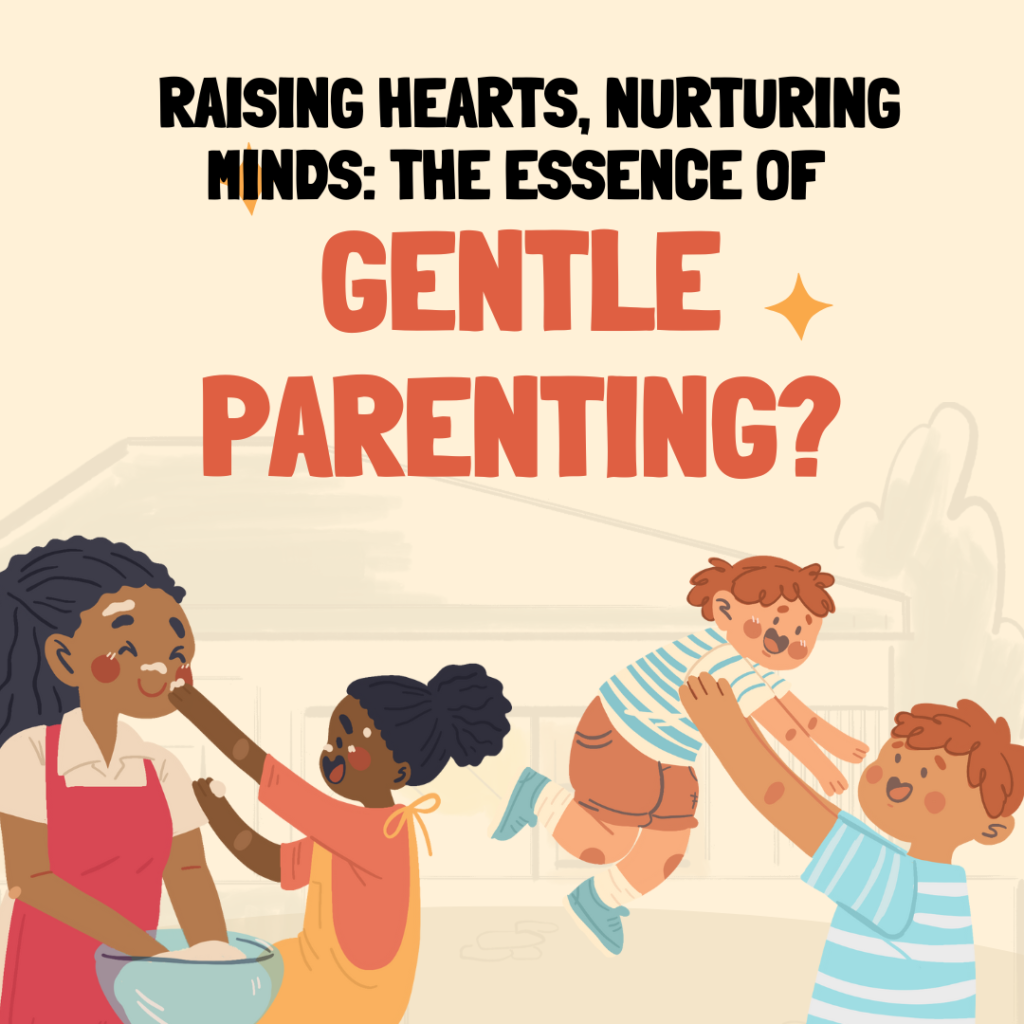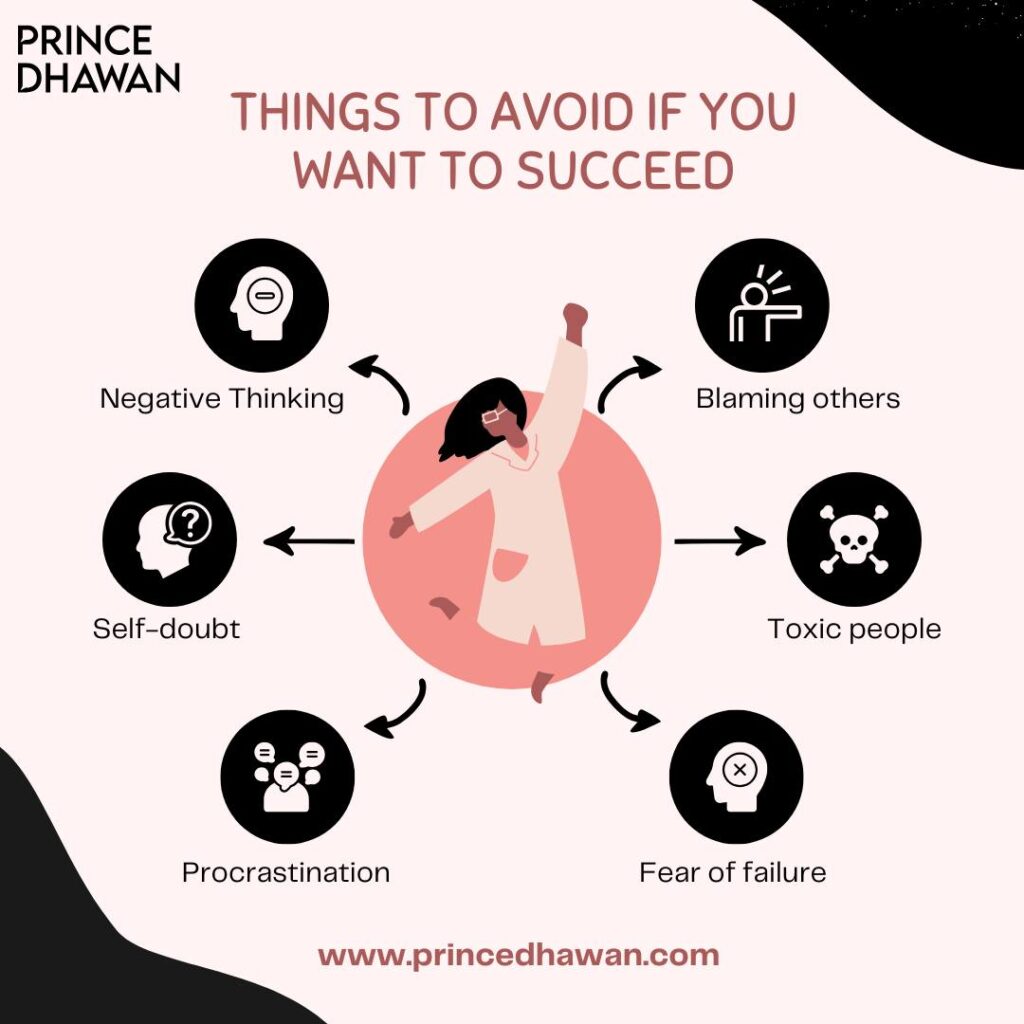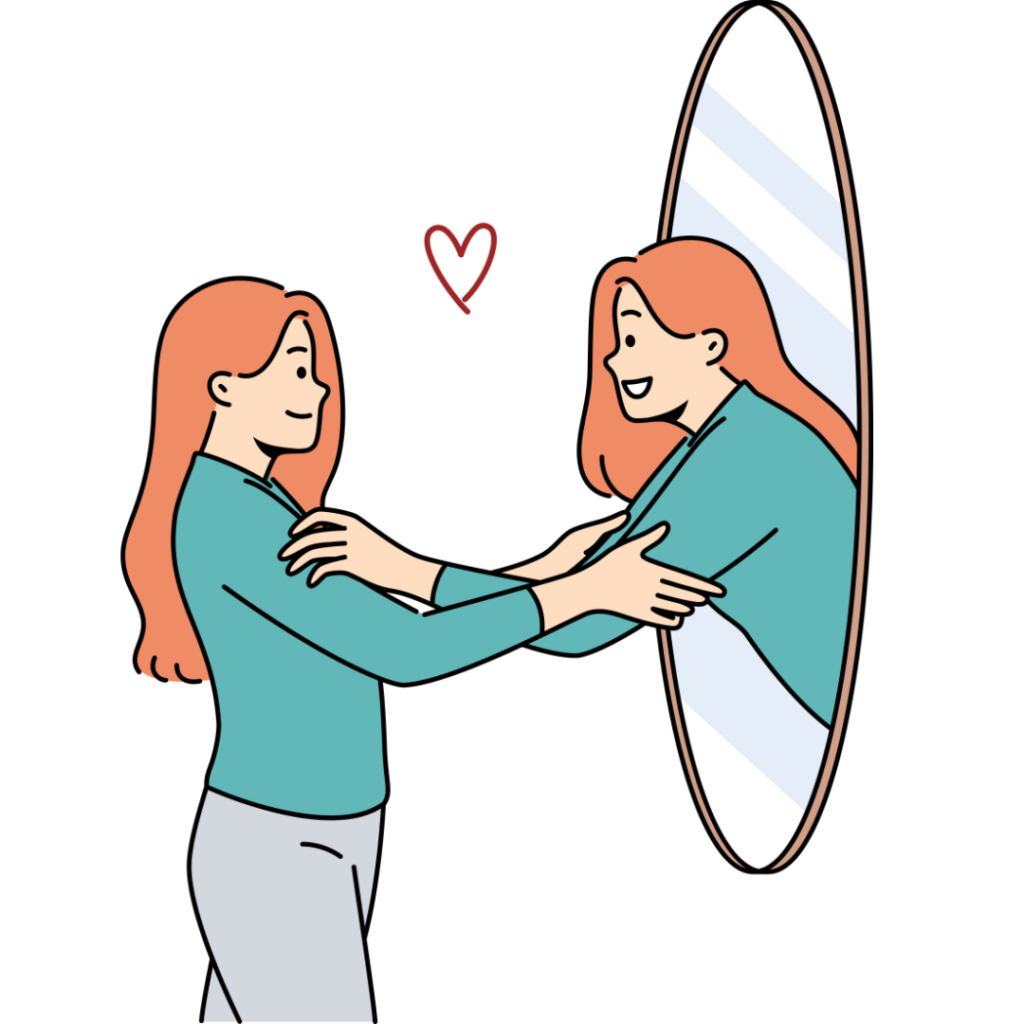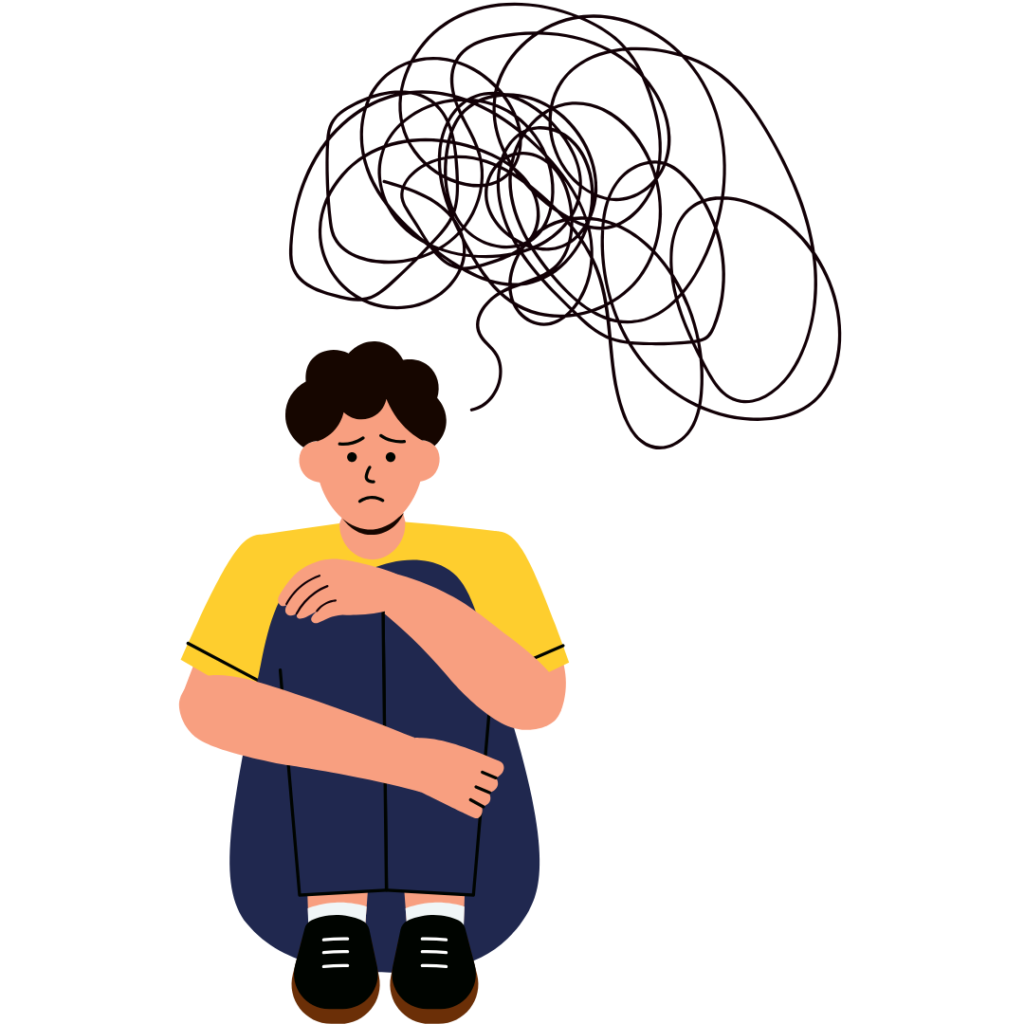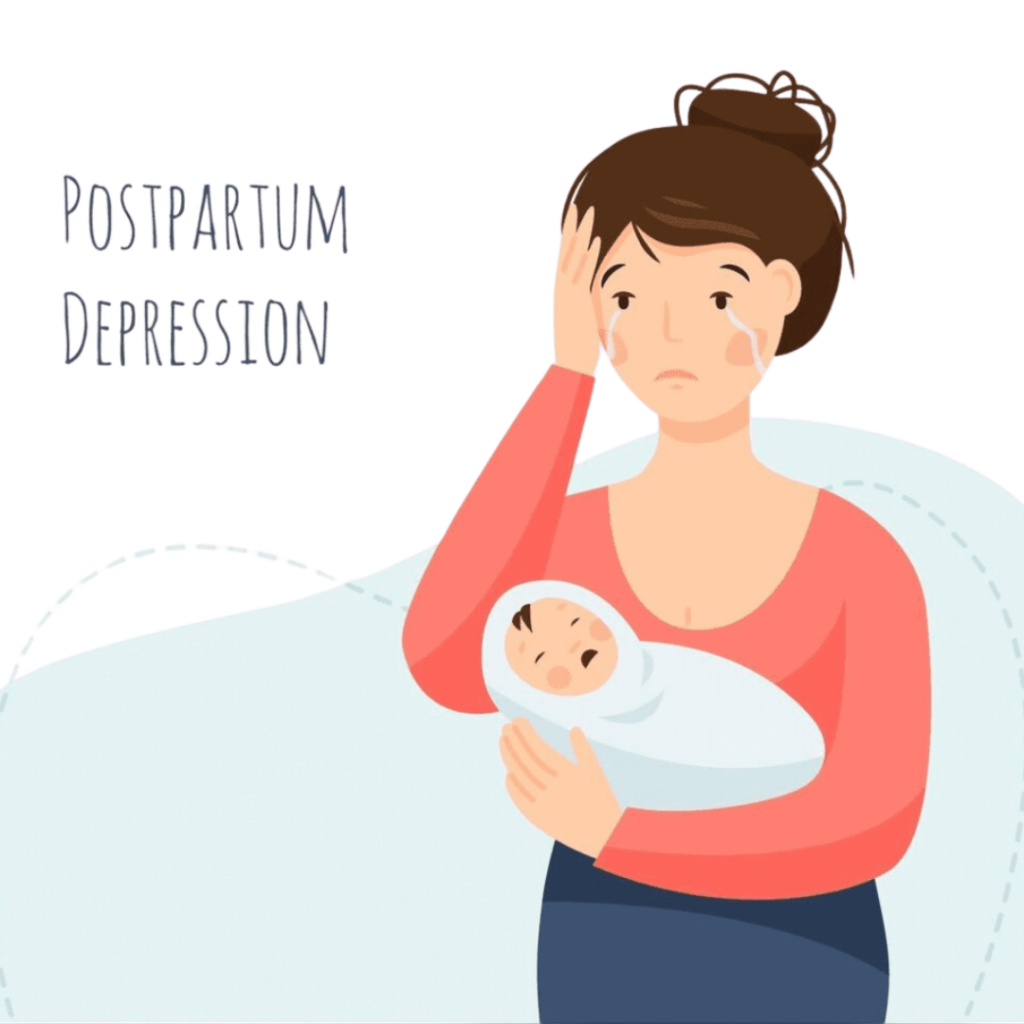Relationship success
Compatibility vs. Adaptability The Key to a Stronger Relationship People often say, “We have compatibility issues,” as if relationships are like assembling a tech device—where every piece must perfectly fit to function. But here’s the truth: people aren’t products. Products are designed and manufactured with built-in compatibility. People, on the other hand, are unique individuals with their own personalities, emotions, and life experiences. So, is compatibility really the problem? Or is it adaptability? The Compatibility Myth We’ve been conditioned to believe that compatibility is the secret to a successful relationship. We look for partners who share our interests, values, or even favorite TV shows. But what happens when life throws challenges our way? When opinions shift, priorities change, and circumstances evolve, is compatibility enough to sustain love? The reality is, even the most “compatible” couples face struggles. Differences will always exist, no matter how similar two people appear to be. What truly makes a relationship thrive is the willingness to adapt, adjust, and grow together. Why Adaptability Matters More A strong relationship isn’t about finding someone who effortlessly fits into your life. It’s about two individuals willing to evolve together. Adaptability means: Embracing Change: Life is unpredictable. Jobs change, families expand, personal interests shift. Couples who adapt to change together remain strong through transitions. Effective Communication: It’s not about agreeing all the time but about being able to navigate differences with mutual respect and understanding. Emotional Intelligence: Recognizing your partner’s needs, emotions, and responses and adapting your approach to support them strengthens the bond. Resilience: When conflicts arise, adaptable couples don’t give up—they work through them, learning and growing from every challenge. How to Cultivate Adaptability in Your Relationship Shift Your Mindset – Stop searching for perfection and embrace the beauty of growth and change. Practice Active Listening – Understand your partner’s perspective without rushing to defend your own. Be Open to Compromise – Adaptability doesn’t mean losing yourself, but rather finding a middle ground where both partners feel valued. Embrace Individual Growth – Personal development leads to collective strength. Encourage each other to evolve rather than resist change. Stay Curious – The person you love today might not be exactly the same in five years. Keep rediscovering each other. The Bottom Line Instead of worrying about compatibility, start focusing on adaptability. Relationships aren’t about finding someone who perfectly fits into your life from day one; they’re about building a life together, learning, adjusting, and evolving along the way. Love isn’t about avoiding differences—it’s about learning how to dance with them. #AdaptToLove #RelationshipsMatter #LoveIsAGrowthProcess
Relationship success Read More »

